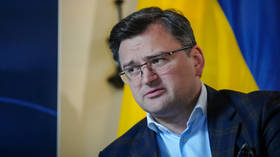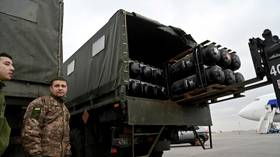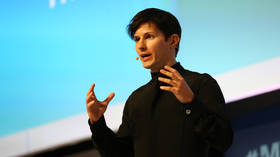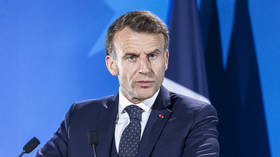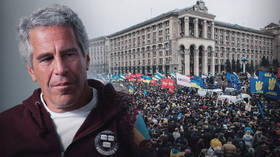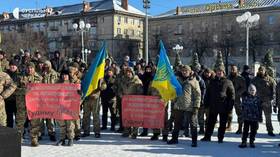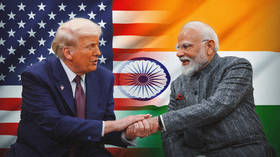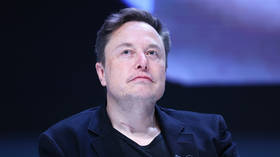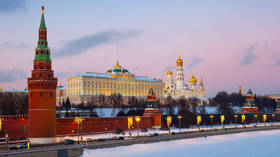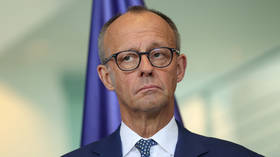Western military aid for Ukraine ‘drying up’ – think tank
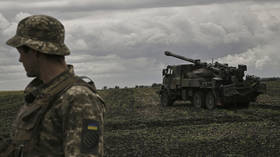
The six largest EU member states made no new promises of military assistance to Ukraine in July, the news website Politico reported on Thursday, citing data from the Kiel Institute for the World Economy in Germany.
It's the first month that no such aid has been pledged since Russia sent troops into Ukraine in late February, which is a sign that “military aid to Ukraine may be waning,” the US outlet concluded.
It also accused leading EU nations, particularly Germany and France, of failing to keep up with the level of military assistance to Kiev coming from the UK, Poland and the US.
Throughout the conflict, the Kiel Institute has been running a so-called Ukraine Support Tracker to list and quantify international military, financial and humanitarian support to Vladimir Zelensky’s government.
Christoph Trebesch, who heads the Ukraine Support Tracker team, told Politico that his project’s data revealed European military aid commitments to Kiev have been in decline since the end of April.
“Despite the war entering a critical phase, new aid initiatives have dried up,” he said.
Ukraine’s Western backers met for a donor conference in Copenhagen last week, pledging another €1.5 billion in aid, but, according to Trebesch, the number is “meager compared to what was raised in earlier conferences.”
The researcher insisted that the conflict in Ukraine was as crucial for the EU as the European debt crisis of 2009 or the Covid-19 pandemic, which saw billions spent on emergency measures.
“When you compare the speed at which the checkbook came out and the size of the money that was delivered, compared to what is on offer for Ukraine, it is tiny in comparison,” he said.
Trebesch noted that the size of the EU's pandemic recovery fund was around €800 billion in loans and grants, while the bloc’s help to Kiev has been a small fraction of that sum.
“I would say it surprisingly little considering what is at stake,” he said.
Russia sent troops into Ukraine on February 24, citing Kiev’s failure to implement the Minsk agreements, designed to give the regions of Donetsk and Lugansk special status within the Ukrainian state. The protocols, brokered by Germany and France, were first signed in 2014. Former Ukrainian President Pyotr Poroshenko has since admitted that Kiev’s main goal was to use the ceasefire to buy time and “create powerful armed forces.”
In February 2022, the Kremlin recognized the Donbass republics as independent states and demanded that Ukraine officially declare itself a neutral country that will never join any Western military bloc. Kiev insists the Russian offensive was completely unprovoked.
